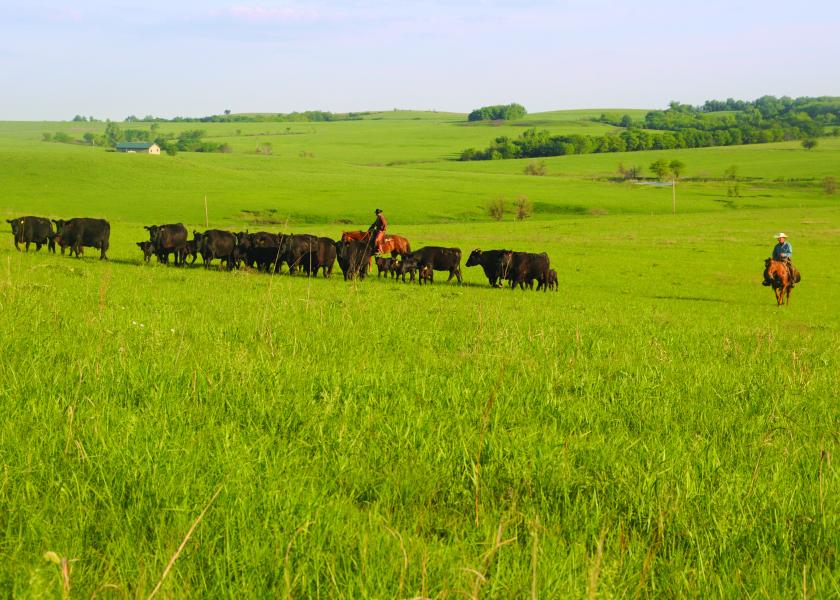Checkoff’s Long Legal Journey

Tensions have mounted over the years between those for and against the national beef checkoff. The legal wrangling continues, most noticeably in Montana.
In 2017, District Court Judge Brian Morris, Great Falls, Mont., issued a preliminary injunction that prohibits USDA from using money collected from ranchers in the state to fund the advertising campaigns of the Montana Beef Checkoff (MBC) unless ranchers consent. That injunction was upheld in April by the 9th Circuit Court of Appeals, and the result has financially crippled MBC.
The lawsuit, filed by the Ranchers-Cattlemen Action Legal Fund (R-CALF), alleges MBC checkoff spending violates cattle producers’ First Amendment rights.
“MBC went from an $800,000 budget last year to a $200,000 budget this year,” says Jim Steinbeisser, Sidney, Mont., who has served on the MBC board and is vice president of the Montana Stock Growers. Steinbeisser and others believe the motives behind the lawsuit have less to do with First Amendment worries and more about crippling the National Cattlemen’s Beef Association (NCBA).
Many believe R-CALF’s motives are to abolish the checkoff and the trail of money to checkoff contractors, of which NCBA is the largest. R-CALF critics say the group seeks that outcome by any means necessary.
To that end, NCBA CEO Kendal Frazier says R-CALF is “in cahoots with the Humane Society of the United States [HSUS]” to abolish the checkoff. He refers specifically to Public Justice, the law firm, and David Muraskin, the lead attorney, for R-CALF in the lawsuit. Frazier maintains the Organization for Competitive Markets is a “front-group” for HSUS as well.
Civil lawsuits are not cheap, and a review of R-CALF’s income, as reported through federal 990 forms, indicates the group operates on an annual budget of roughly $400,000, presumably used for staff salaries and maintaining a Billings, Mont., office.
“Public Justice’s annual operating revenues are about $4.8 million,” Frazier says. “The Humane Society of the United States’ operating revenue is about $126 million. I don’t have a copy of a check, or a copy of bank statements, but it doesn’t take long to figure out who is paying the legal bills on this case.”
Muraskin denies he’s being paid for his efforts. “My organization receives absolutely no money from any agency. Period. Full stop,” Muraskin says. “I have never been employed by HSUS or received any money from them.”
R-CALF CEO Bill Bullard also denies any connection between HSUS and R-CALF.
Nevertheless, Nebraska cattleman Craig Uden says it’s “disappointing when we have producer groups that want to align with groups that want to bring down our industry.”
If the checkoff’s opponents prevail in court, “the only thing they do is take away some of the producer control because the state beef councils manage their 50% of the checkoff,” Uden says.
As a past NCBA president with both ranching and feedlot interests, Uden says he’s seen the value of the checkoff at many levels, and he maintains his disappointment for those working to dismantle it. For him, R-CALF can deny their affiliation with HSUS, but, he says, “if it walks like a duck and quacks like a duck ...”
For the full story, including how the division has spilled into social media, visit bit.ly/checkoff-battle







